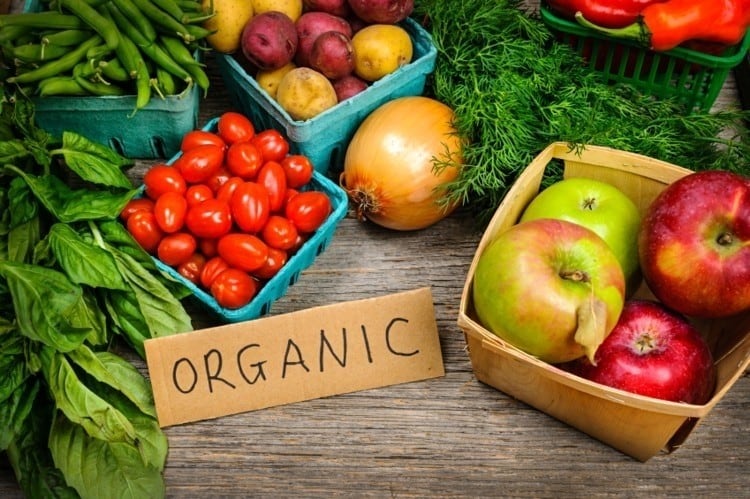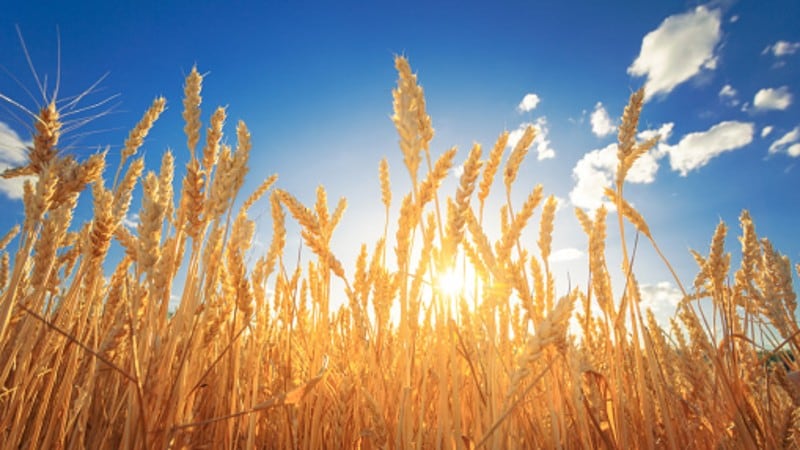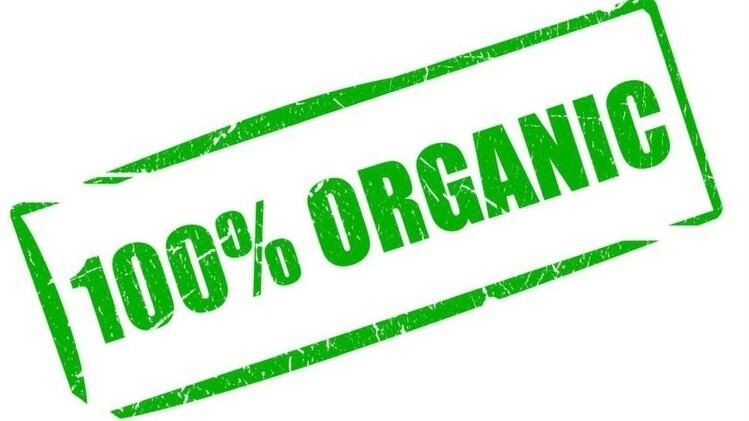Taiwan’s organic market is one of the largest in Asia, coming in at NTD1.36bn (US$45.9m) worth of imports in 2019, but has been wroth in controversy surrounding its insistence on organic trade partners signing equivalency agreements with it before allowing imports.
The need for organic equivalence agreements is part of Taiwan’s Organic Agriculture Promotion Act which came into effect on May 30 last year, from whence all of the country’s organic trading partners were given one year to sign a bilateral agreement with Taiwan recognizing its organic produce for import into their own market, or else certify their products to Taiwanese standards.
“All imported agricultural products shall [either be] certified by a domestic or foreign certification body accredited by [Taiwan] or certified by a certification body accredited by a country or member of World Trade Organization that is in organic equivalence with [Taiwan] before they can be sold, labelled or advertised as organic,” stated the Taiwanese Agriculture and Food Agency via the act as published on the national law database.
“Countries or members of WTO with organic equivalence [shall] sign the mutual organic equivalence recognition treaty, agreement, or other official documents with [Taiwan].”
At the time, some 22 countries were engaged in organic trade with Taiwan, but as of May 31 2020, the end of the transitional period given to these trade partners to sign bilateral agreements, only five have signed organic equivalence agreements: Japan, New Zealand, Australia, Canada and most recently the United States.
This low rate of conversion makes it difficult to believe that Taiwan’s current arrangement is feasible in the long term despite its noble intentions of keeping imported organic produce truly organic, and worse yet, countries in the European Union (EU) do not appear to have any intention to sign such agreements.
Even so, all indications are that Taiwan has no intention of changing this system any time soon.
“Of the 22 countries that Taiwan is engaged in organic trade with, 16 of these are from the EU, so the share of EU organic products is considered high for us,” said Agriculture and Food Agency Deputy Director Zhang Laoda.
“However, the EU has other considerations. Many EU states wanted to discuss this further, and we had a lot of contact with them including bilateral visits and multiple video conferences. We in Taiwan also tried to push for this, as did many EU trade members and exporters, but this was the decision the EU made so we will respect it.”
According to numbers from the agency, in 2019 Taiwan imported almost 14,000 MT worth of organic products valued at some NTD1.36bn (US$45.9m). From this, EU imports took a whopping 52.9%, the United States 18.8%, Canada 10.3%, Australia 8.9%, New Zealand 7.2% and Chile 1.6%.
This means that Taiwan could be losing over half of its organic imports moving forth, which would very likely affect trade relations as a whole – but the Agriculture and Food Agency appears relaxed about this situation.
In a separate statement on the equivalency agreement with Canada, the agency said that there were plans in place to promote Taiwan’s organic products overseas especially to ‘the major organic markets of North America and Canada’ via trade shows and other marketing activities.
Zhuang also told United News that traders facing issues due to this situation should ‘encourage’ their governments to sign equivalency agreements with Taiwan.
“This is a government regulation, and in the past trade organisations from the EU, US and Taiwan have asked what to do about it, but what these traders should do is to approach their countries and request them to quickly come and sign with us or do overseas verifications so as to ensure trade relations are not interrupted,” he said.
Why the confidence?
Perhaps one of the reasons for Taiwan’s confidence here is in its large market demand due to consumer preference, making it an extremely attractive market for other countries.
According to Statista, over 86% of Taiwanese consumers have stated a preference for their fruits and vegetables to be organic, almost 45% want all milk and dairy products to be organic, and over 40% look for the same in eggs and poultry.
Given this, pushing for organic equivalence agreements would not only safeguard organic quality and safety in the country, but also push the growth of the local market to accelerate more quickly in countries it chooses to focus in.
For example, Taiwan was already the United States’ fifth-largest organic export market before the agreement was signed, with imports totalling over US$90m in 2019. With the new agreement, growth is now forecasted at close to 50% over the next five years as many previous regulatory barriers have been removed.
“Taiwan is a solid consumer market for U.S. organic products, and exporters should view this renewed partnership as an opportunity to further expand into a country that is eager for organic,” said Organic Trade Association International Trade Manager Alexis Carey in a statement.
It will take time to tell whether this narrowed focus is a good strategic move or one of overconfidence, especially as no reports on other countries such as India, which is a major organic producer but not yet exporter, have yet to officially emerge.





